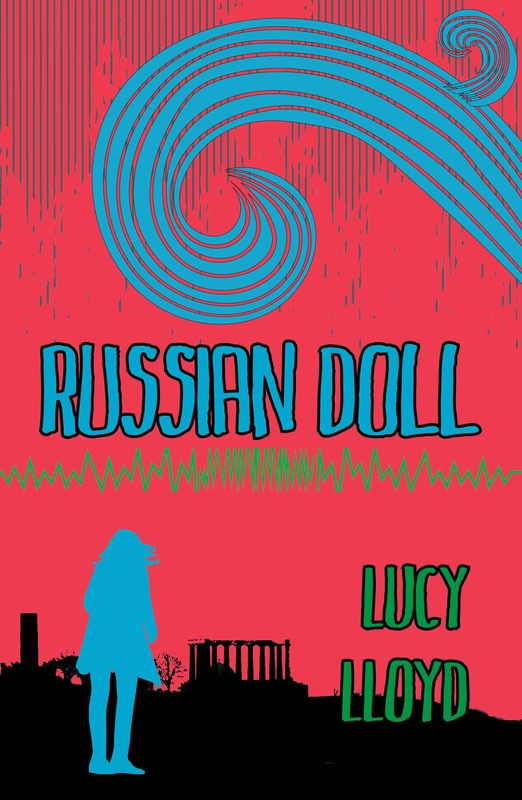It's not really a secret that the standard "bookseller discount" – i.e. profit margin – is 40%. In other words, from a £10 book, the bookseller gets £4.00. Strangely enough, I don't really mind their 40% at all, because they do have to stock the books, pay their staff, fill up shelves and pay for their premises before they get anything back of the other £6.00. A dud book can take up a lot of valuable space on a small indy bookseller's shelf.
I DO have a problem with Amazon, though. For the same book, Amazon will take the quite staggering sum of £3.30, even although it does nothing except advertise on its website and check payments are made. That 33% becomes even higher if the book is cheaper, by the way.
And then there's postage/distribution. Despite all of my efforts, Royal Mail simply refuses to allow books thicker than 25mm to go as large letters. Instead they have to go as parcels, increasing the charge by almost two-thirds. Anything thicker than 25mm and the book's postage will be £2.85. If my package contains two books, I have to take it to a post office and my local post office manager could not be less helpful. (She insists I wait in a long queue for a proof of postage certificate that I don't need or want.)
You'll see where this is going: from our £10.00 book, we get just £3.15. Which has to cover the printing costs, designing the cover, editing, proof-reading... oh yes, and a little for the author.
So we've taken the decision to use Royal Mail only for the smallest books, those we can send for £1.74. We certainly can't afford 1st class post any more. For the rest, we've turned to other carriers, not a lot cheaper, but certainly a whole lot more helpful. If you're a small publisher, I'd suggest you think about doing the same. Honestly? Royal Mail no longer deserves your loyalty.













